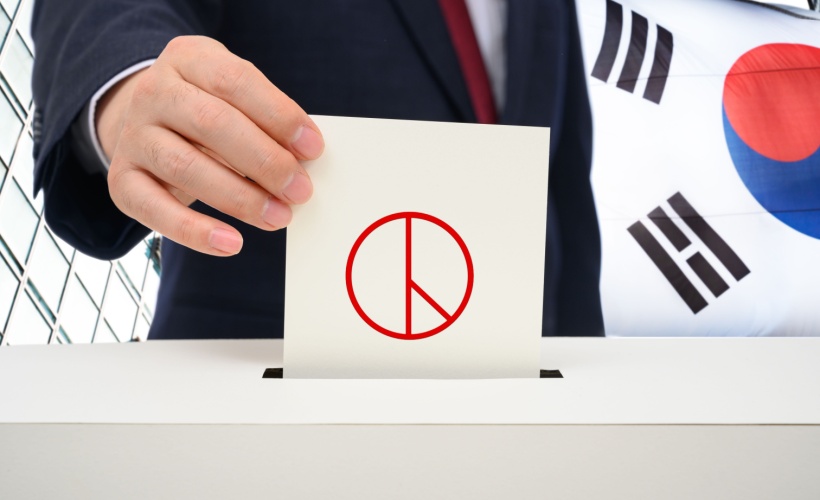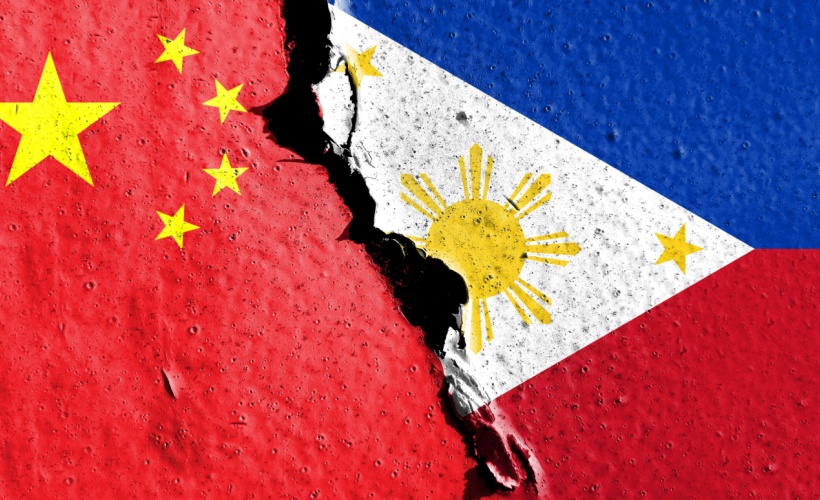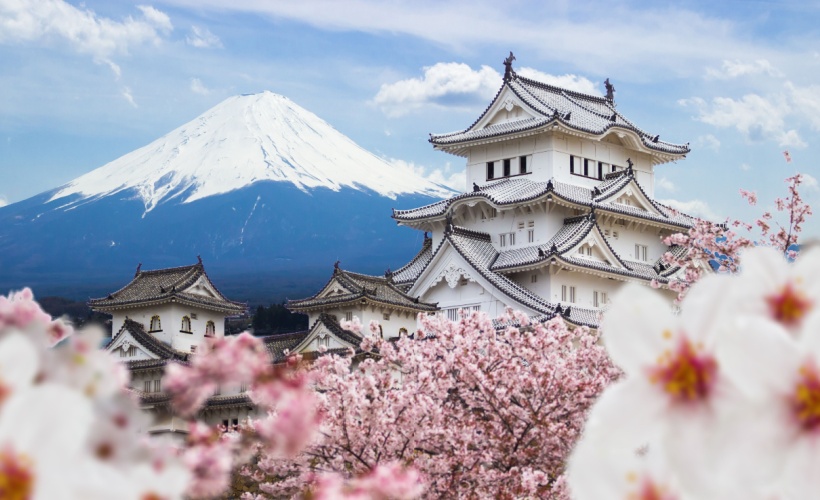By Dr John Nilsson-Wright, Programme Head, Japan & Koreas Programme
Ahead of the G7 summit meeting, hosted by Japan from May 19-21 in Hiroshima, there have been signs of strengthening trilateral coordination between the United States and its two principal Northeast Asian allies, Japan and the Republic of Korea (ROK). In part this reflects some of the key issues that will dominate the discussions at the summit, most notably, Russia’s aggression in Ukraine, the rising security and economic challenge of China, and concerns over nuclear proliferation (particularly the threat from a more belligerent North Korea).
Progress in trilateral coordination also reflects the substantive efforts that the Japanese Prime Minister, Kishida Fumio and his South Korean counterpart, President Yoon Suk-yeol, have made in recent months to bolster bilateral ties long dogged by historical tensions and mutual resentment by elite and public opinion in both countries.
In March, President Yoon visited Tokyo and announced a major agreement to resolve a controversy surrounding the issue of paying compensation to the families of Korean labourers forced to work for Japanese companies during Japan’s colonial domination of the Korean peninsula from 1910-1945. A 2018 South Korean Supreme Court decision had approved a claim by South Korean plaintiffs for financial compensation from Japanese firms – a decision that had been forcefully rejected by the Japanese government, in the process putting a break on improved bilateral ties between the two governments.
Yoon’s announcement of the establishment of a ROK-sponsored fund to provide financial support to the original plaintiffs (in effect removing any need for Japan to provide redress) helped end the deadlock between the two countries but at the cost of exposing the ROK President to fierce criticism from South Korea’s progressive opposition Democratic Party who have accused him of betraying the country’s national interests and of being too accommodating to Japan.
To moderate this criticism, Prime Minister Kishida has not only invited the ROK President to attend the G7 summit (along with other non-G7 countries such as India, Australia, Brazil and Vietnam), but he himself visited Seoul on May 7 to bolster bilateral ties. Kishida’s trip, the first reciprocal visit by the leaders of the two countries in twelve years, involved a number of significant symbolic and practical concessions by the Japanese prime minister including a visit to the National Cemetery to pay respects at the graves of Korean independence fighters opposed to Japan’s colonial rule; public remarks by Kishida expressing his “heartache” at the experience of Korean wartime labourers; practical measures to enhance security and economic cooperation between the two countries; plans to allow South Korean experts to inspect the discharge of treated water from the Fukushima Daiichi nuclear power plant damaged by the March 2011 earthquake and tsunami disaster; and a commitment by both leaders jointly to pay their respects to the ethnic Korean victims of the bombing of Hiroshima during the G7 summit.
This improvement in government-to-government ties has been welcomed and actively encouraged by the Biden administration, particularly given worries in both Tokyo and Seoul in the wake of the Trump administration’s more transactional approach to alliance relations about the long-term reliability of US engagement in the region. On the back of a newly reinvigorated US-ROK bilateral partnership, underlined by President Yoon’s April visit to Washington and the announcement of a new Washington Declaration (with its focus on consultation over nuclear deterrence), as well as a steady increase in Japan’s defence and security capabilities, the G7 summit will feature a high profile public meeting on Sunday in which Yoon, Kishida and Biden are likely to reaffirm their unified approach to regional security issues and increased measures (via the sharing of critical radar surveillance data) to combat the threat from North Korea.
Welcome and significant as these new government initiatives are, the prospects for sustained cooperation remain clouded by the intensity of public ambivalence in both Japan and the ROK regarding bilateral coordination. Yoon’s popularity is relatively low at 36% in recent opinion polls, and Prime Minister Kishida’s governing Liberal Democratic Party has experienced some disappointing results in recent bye-elections. Emotional resentment and distrust, amplified by the persistence of contested historical memories, are a reminder that common rational security and economic goals may not always be sufficient to sustain practical cooperation between like-minded liberal democracies.
To hear more from John on the deepening trilateralism between Japan, South Korea and the United States, listen to our On Geopolitics podcast in the sidebar.







